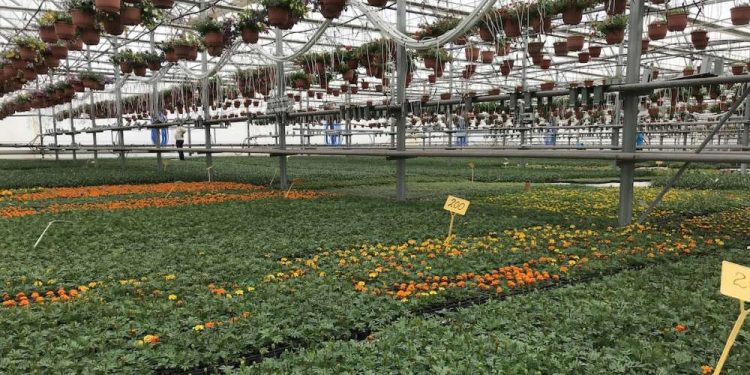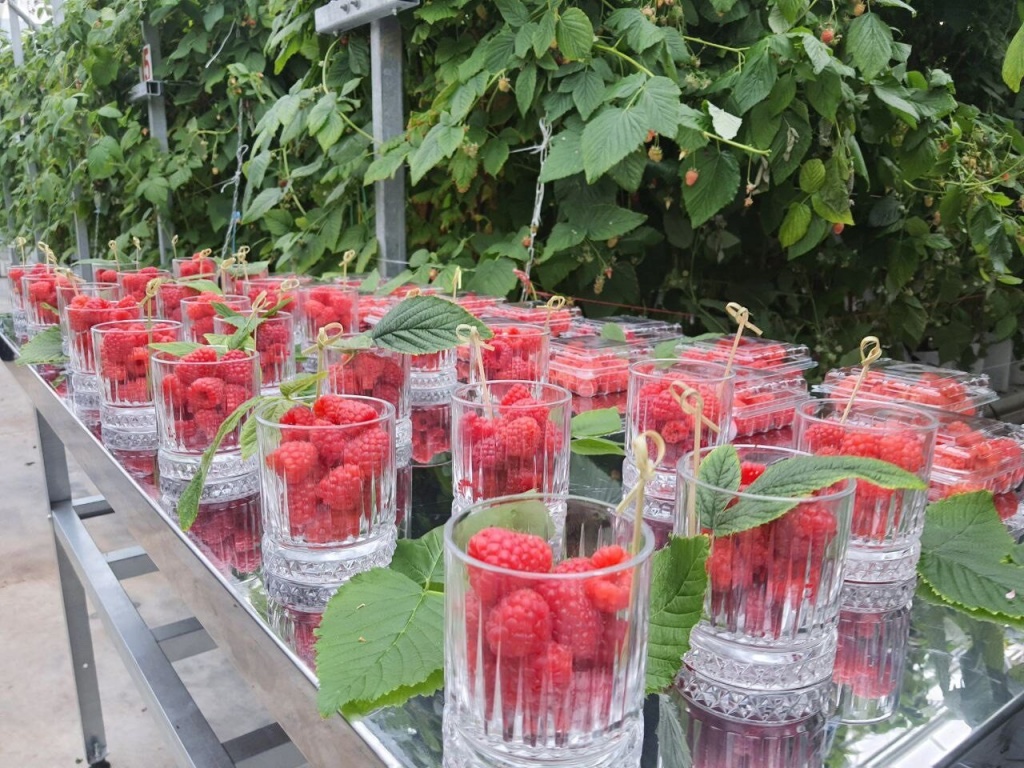Flower enterprises will grow 8% more cut flowers this year than in 2021. According to the Greenhouses of Russia Association, the growth in flower production will occur due to increased yields and an increase in production areas.
According to industry participants, consumer demand for flowers traditionally rises before “flower” events: March 8, graduations, exams, September 1st, Teacher’s Day, Mother’s Day, and 2022 was no exception. This year, roses are still in the greatest demand among buyers; there is also a tendency to buy chrysanthemums, alstroemerias, and eustoma.
“It has been a challenging year for domestic flower growers. The market became unstable and it was necessary to solve issues of maintaining technological processes in a stable state: searching for alternative ways to supply imported components and spare parts for greenhouse equipment, as well as planting material. In 2023, Russian manufacturers will continue to adapt to work under sanctions. There are positive moments in this direction: domestic manufacturers of many components for flower greenhouse complexes have appeared, there are Russian suppliers of high-quality planting material. In addition, it is planned to increase production areas: now investors are considering several projects for the construction of modern greenhouse complexes with a total area of up to 20 hectares, ”comments Alexander Litvinenko, member of the Board of Directors of the Greenhouses of Russia Association, Advisor to the General Director of OJSC Galantus.
As Alexander Litvinenko notes, state support for the floriculture industry is still relevant. Currently, state support for floriculture is carried out only within the framework of concessional lending for the construction of new greenhouse complexes for growing flowers, but this, according to him, is still not enough.
For the further development of floriculture, it is necessary to take a number of measures, including solving the problem of preferential lending for the modernization and reconstruction of existing greenhouse enterprises for growing cut flowers, reimbursement of energy costs due to a significant share of this area of expenditure in the cost structure of the Russian flower, the expert believes.
Dutch greenhouse company Delta and the municipality of Westland in South Holland have signed a partnership agreement. The aim is to jointly focus on regions and countries where there are many opportunities for the Dutch greenhouse horticulture sector.
According to Joep van den Bosch of the Dutch greenhouse company Delta, the annual turnover of the hotel sector is between 20 and 25 billion euros. “And the demand for healthy, fresh, organic, locally grown food continues to skyrocket around the world. Collaboration between government, business and applied science is essential to addressing this food challenge.”
More than twenty companies and institutions are already partners with the Dutch greenhouse company Delta, most of which have roots in Westland. “Therefore, as the municipality of Westland, we see the Dutch greenhouse company Delta as a natural partner. We also see that close cooperation is important to bring Dutch greenhouse horticulture as a cluster to the global market,” explains Mayor Bouquet Ahrendts during the signing of the agreement.
Dutch greenhouse company Delta’s ultimate goal is to co-create a horticultural ecosystem. Such a system consists of science, business, education and government.










